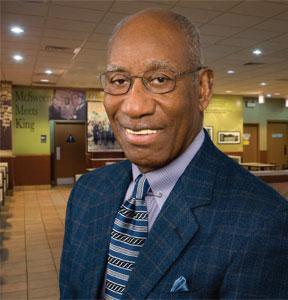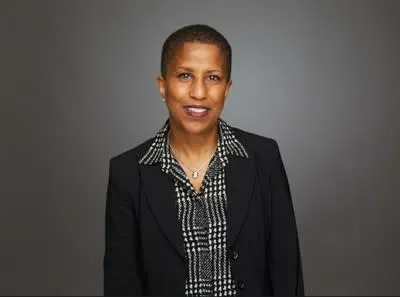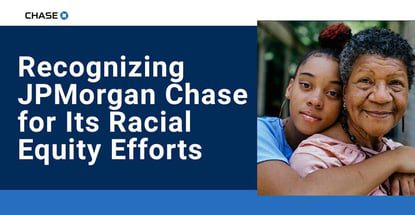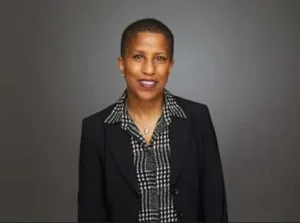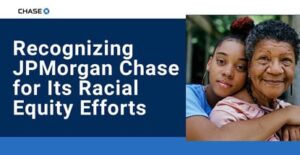On a warm January day in 1924, W.E.B. Du Bois looked out over an abandoned plantation, a forest of more than 200,000 rubber trees, in neat rows, on the outskirts of Monrovia, Liberia. The Harvard-trained historian, sociologist, and civil rights activist — one of America’s foremost Black intellectuals and leaders — had been sent to Liberia by his president.
The trees, covering 1,300 acres of what had once been a coffee estate, grew straight, like pillars, with gray-and-white-mottled trunks. About 30 feet in height, the branching treetops made a uniform canopy over the barren ground. Small white latex-collection cups still hung from wire holders on tree trunks below v-shaped patterns of scars. On the edge of the forest, a few bungalows, two machine sheds, and two houses for smoking rubber were reminders of a once-worked landscape. But the Mount Barclay Plantation was empty of workers and silent. The Liberian Rubber Corporation, a British syndicate led by the British naturalist and explorer Sir Henry Hamilton Johnston, had deserted the farm a few years before.
Falling rubber prices and heavy export taxes but mostly mismanagement had led to the plantation’s demise. Still, the rubber trees, which had been shipped as seeds and seedlings from Ceylon by way of England and planted from 1908 through 1911, were healthy and flourishing. Before its arrival in Liberia, Hevea brasiliensis was unknown to Africa, separated from its native Brazil by 3,000 miles of ocean. But the plant took well to West African soil and Liberia’s heat and humidity.
Du Bois was accompanied by Solomon Porter Hood, the US consul general to Liberia, and Donald Ross, a representative of the Firestone Tire & Rubber Company. In 1924, the Akron tire mogul Harvey Firestone was on a determined mission to break the British stranglehold on the world’s rubber supply and find a source of rubber free from British control. Hood, a graduate of Lincoln University, the United States’ first historically Black college, had written to Firestone six weeks earlier to alert him to the abandoned Mount Barclay Plantation. Liberia had not been in the purview of crude rubber surveys undertaken by the US Department of Commerce in 1923. All eyes, including Firestone’s, had been focused on the Malay Archipelago, and in particular the Philippines. Hood’s reports, sent to the US State Department and shared with Firestone, were replete with detailed information on topography, soil, rainfall, temperature, labor, health, transportation, duty fees, exports, and life in Liberia: everything needed to assess the prospects of cultivating rubber in Liberia. This came at an opportune time. Unable to bend the Philippine Legislature to his will, Firestone was inclined to act upon Hood’s information. The rubber mogul dispatched Ross on a scouting mission to the West African republic. Firestone never credited Hood for an idea that would reap great fortunes for the company and the Firestone family.
As the intense sun of the new year’s dry season beat down upon the Mount Barclay Plantation and upon the three men on a reconnaissance mission in search of a place to grow American rubber, each imagined the world Firestone might build here.
Ross saw one future. Cheap land and labor combined with a favorable climate and soil meant this rubber plantation in Liberia had the potential to rival those in the British Straits Settlements and the Dutch East Indies. An American rubber empire planted on Liberian soil promised toextravagantly reward theFirestone Tire & Rubber Company and the white planters, like Ross, whom the company could employ there.
Du Bois and Hood saw a different future. Amid the struggles and solidarity of African peoples and those of African descent throughout the world, Du Bois and Hood saw in Liberia hope. The West African republic occupied only 43,000 square miles on a vast continent of nearly 12 million square miles. But, as one of only two Black sovereign nations in Africa, its symbolic importance was large. As Du Bois wrote in The Crisis — the journal of the NAACP and one of the most influential magazines of Black politics, life, and culture in America — Liberia may be poor. It may be underdeveloped. But “for a hundred tremendous years,” Du Bois declared, Liberians “have dared to be free.” Du Bois believed that Liberia’s political independence and economic success, bolstered by American capital, would embolden and empower Black self-rule, “democratic development, and decent industrial organization” throughout colonial territories and protectorates across Africa.
Later in 1924, the Firestone company secured a lease for the rights to the Mount Barclay Plantation and took over its operation. Amuch larger lease, for up to one million acres of land, was later granted. Du Bois initially threw his weight behind these agreements. “Liberia must have capital for her development,” Du Bois urged Liberian President Charles Dunbar Burgess King. Faced with a choice among England, France, and America, Liberia would be wise, Du Bois advised King, to choose American investment, which he believed posed the least threat to the country’s sovereignty and self-determination.
Du Bois imagined that white American capital working in partnership with “black educated men, both African and American,” might create an industrial plantation of “mutual dependence and prosperity” like none yet seen. It all depended, Du Bois wrote Harvey Firestone, onwhether the rubber magnate rejected “a strict color line” that shaped life in Jim Crow America. Black management, drawn from experts in boththe United States and Liberia, would ensure that the plantation Firestone built would benefit Liberia and its people. Furthermore, Du Bois assured King, African Americans sympathetic to Liberia’s cause “had enough political power” to keep a check on Firestone, should it try to use the United States government to turn Liberia into a corporate empire.
But the world that Du Bois and Hood imagined was not the world that would come to be. Almost a decade later, Du Bois looked back with regret on his advice. “I had not then lost faith in the capitalistic system,” he admitted. In the ensuing years, he would become one of Firestone’s most vocal critics.
When Firestone erected what The New York Times called a “colossal enterprise” in the jungle of West Africa, it did not turn to Black experts, as Du Bois and Hood had urged. Instead, Firestone built a plantation world on the pillars of white supremacy and racial discrimination. At their peak in the late 1940s, the Firestone plantations would employ approximately 30,000 Liberians — the majority of whom were tappers earning 18 cents per day — supervised by roughly 125 white managers. Housing and health care for white management and Black laborers was segregated and unequal. Planter’s Punch, the newsletter of the whites-only Firestone Overseas Club, was replete with racist caricatures and jokes, demeaning the Liberians upon whose land and labor company profits were made. In this sovereign Black republic, Firestone built a Jim Crow enclave that wouldn’t begin to desegregate for nearly 40 years.
Adapted with permission from “Empire of Rubber: Firestone’s Scramble for Land and Power in Liberia,” by Gregg Mitman, a professor of history at the University of Wisconsin. Published by The New Press. Copyright © 2021 by Gregg Mitman.


